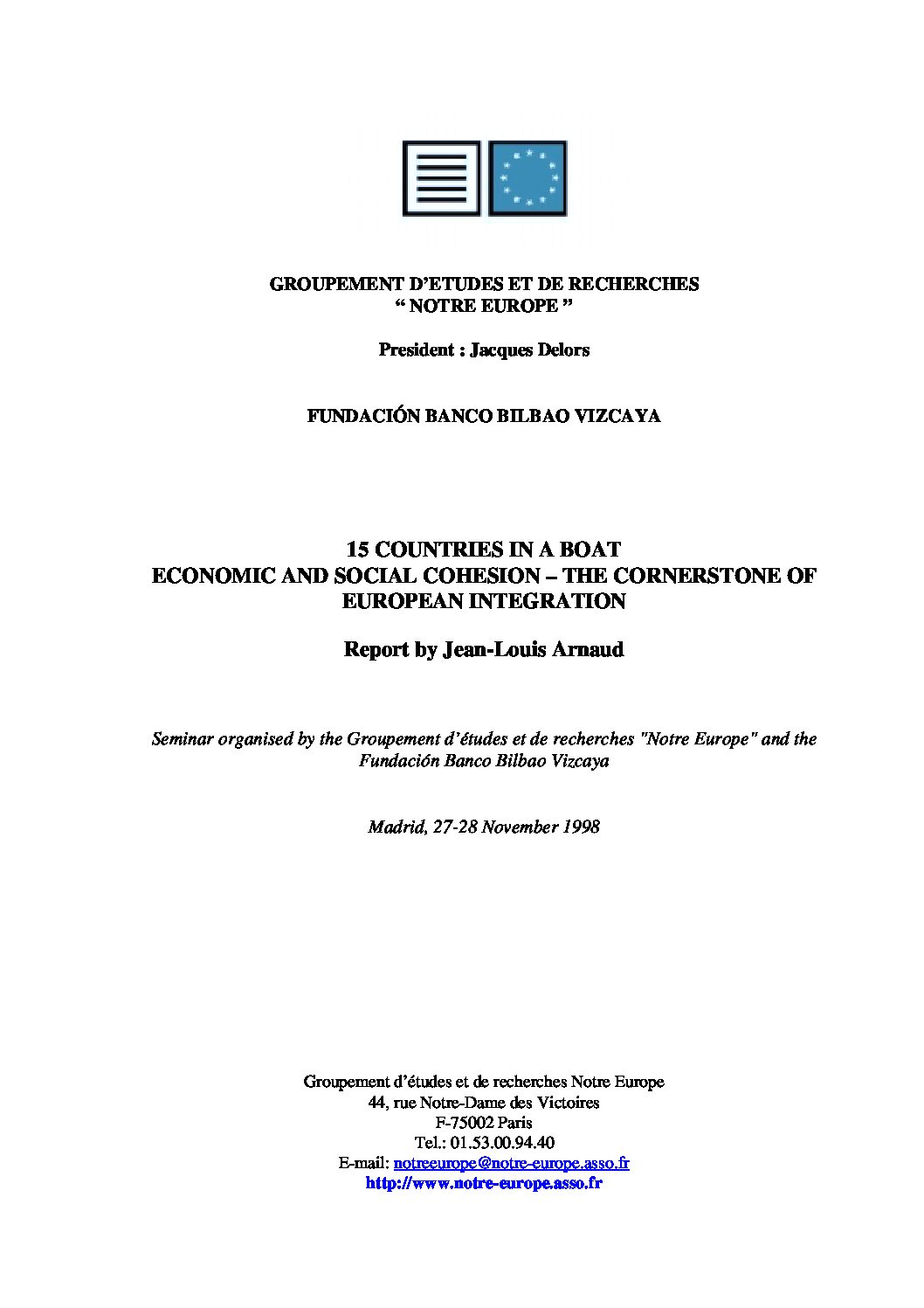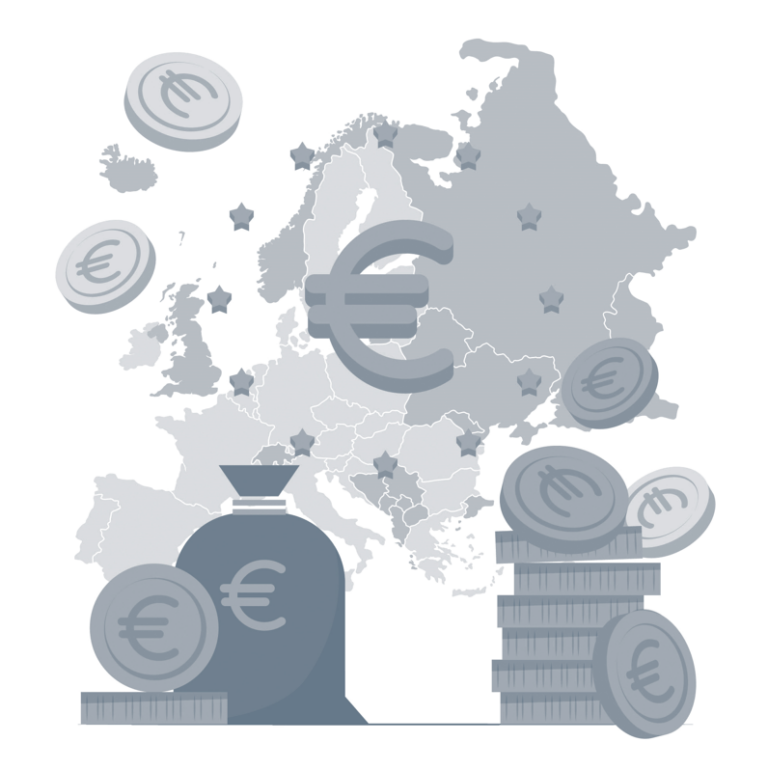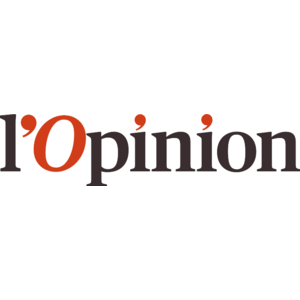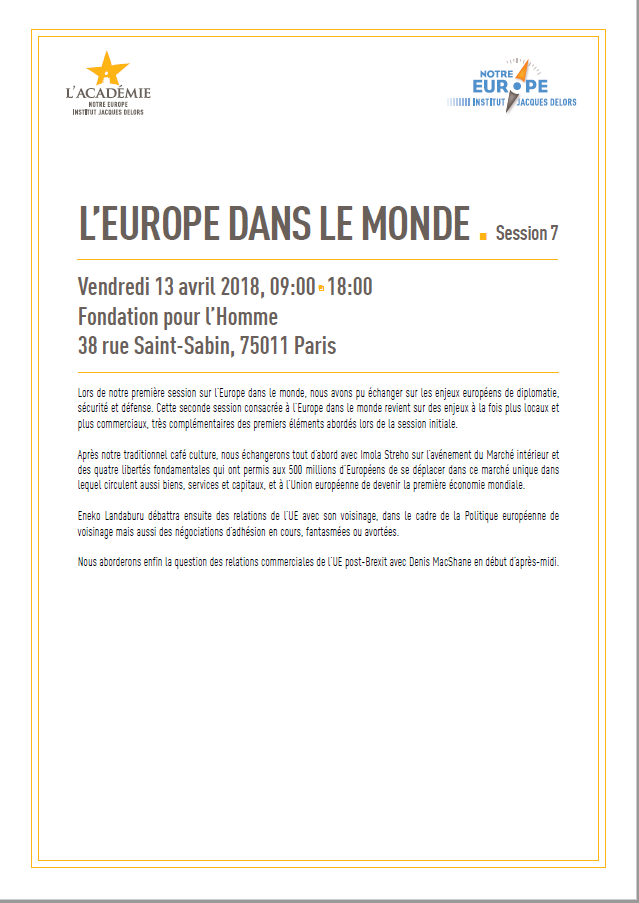Other document
15 countries in a boat: economic and social cohesion – the cornerstone of european integration
Seminar organised by the Groupement d’études et de recherches Notre Europe and the Fundacion Banco Bilbao Vizcaya, Madrid, 27-28 November 1998.
REPORT BY JEAN-LOUIS ARNAUD
FOREWORD BY JACQUES DELORS
On 27-28 November 1998, our Research and Policy Unit, in collaboration with the Fundacià³n Banco Bilbao Vizcaya, held a high-level seminar on the theme of economic and social cohesion in Madrid. At a time when the European Union is embarked upon a difficult debate on the future of the common policies, as shown by the recent European Council in Vienna, our objective is to promote a better understanding of and give a new meaning to the concept of cohesion in the context of the aims and values of European integration. Around 30 personalities – current and former ministers, European and national-level politicians, regional representatives, civil servants and academics – mainly from Spain, Portugal, Italy and Greece, with representatives from Ireland and France, gathered together not only to reflect on the origins of economic and social cohesion and assess its impact, but also to consider the future of cohesion policy. In his presentation Mr Anàbal Cavaco Silva, former Prime Minister of Portugal, outlined the foundations of economic and social cohesion. Mr Ruairi Quinn, former finance minister of Ireland, then gave an upbeat assessment of the progress achieved to date.
Mr Pierre Moscovici, French minister for European affairs, highlighted the challenges for the future. These three introductory reports stimulated a wide-ranging discussion and fruitful exchange of ideas on cohesion policy. As this summary report makes clear, economic and social cohesion goes far beyond the economic and financial impact of the EU Structural Funds. With the European Union facing the dual challenge of economic and monetary union and enlargement, the policy of economic and social cohesion aims to help each Member State to play its role and make every individual citizen feel a part of this collective adventure. To conclude, in the short term, we hope that our work will have made a useful contribution to the debate between the actors concerned in the context of the current Agenda 2000 negotiations. In the longer term, we hope to stimulate a more in-depth debate on the future shape of the Union: what are our common challenges and shared ambitions? Put simply: what are we fighting for and why do we want to live together?
SUR LE MÊME THÈME
ON THE SAME THEME
PUBLICATIONS
Annual Conference of the Jacques Delors Institute

The Unexpected Impact of Prosperity: How the Manipulation of the Consequences of Globalization by the Far-Right Movements Endanger the International Order?

Together we trade, divided we aid

MÉDIAS
MEDIAS
Les 7 tendances à suivre en 2025, selon Enrico Letta

Enrico Letta: «L’épargne des Européens finance des sociétés américaines qui rachètent nos entreprises»

Le carnet de bord d’un européen convaincu

ÉVÉNEMENTS
EVENTS
Brussels, 6 June 2018 – Cohesion Policy and the new MFF

Paris, 6 June 2018 – What territorial cohesion to build in Europe?

Paris, 13 April 2018 – Notre Europe Academy : Europe in the World

Tours, 4 April 2018 – Toward a Social and Political Europe?

Strasbourg, 8 November 2017 – International Urban Commitments vs. Local Implementations

Brussels, 10 July 2017 – Guaranteeing solidarity in EU Cohesion policy post-2020

Brussels, 31 may 2017 “The role of structural funds in EU economic governance”

Rome, 20 March 2017 – Completing economic governance and enhancing social cohesion

Koszeg, 27 February 2017 – Does EU has still a territorial development policy?

















